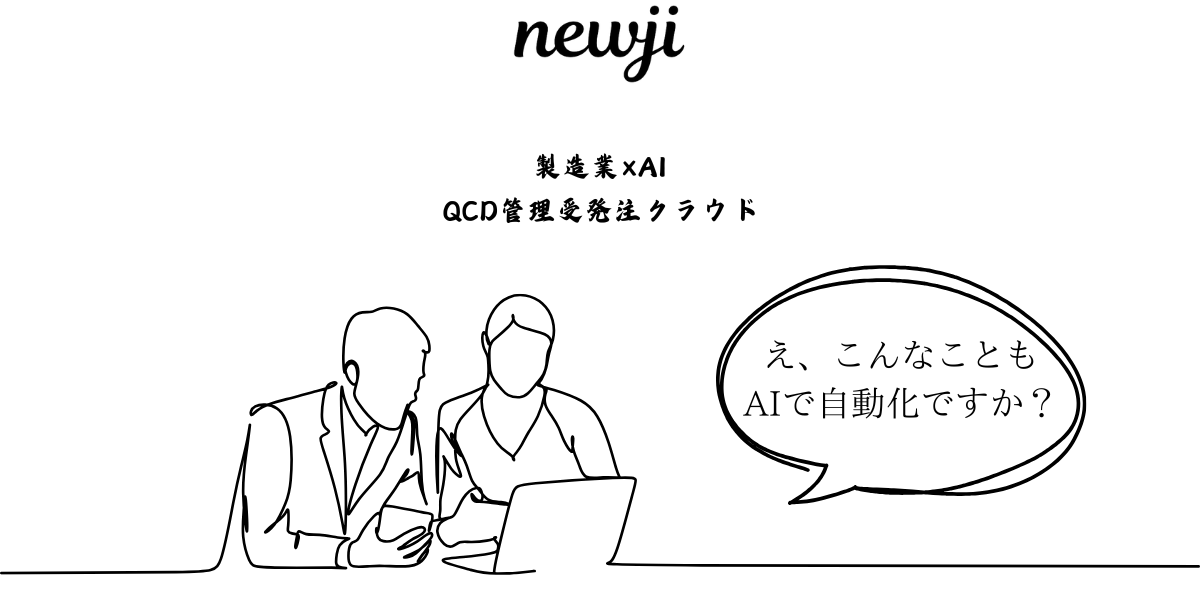- お役立ち記事
- Fundamentals and practice of controller design for two-degree-of-freedom LQI and sliding mode control using optimal control theory that is resistant to external disturbances

Fundamentals and practice of controller design for two-degree-of-freedom LQI and sliding mode control using optimal control theory that is resistant to external disturbances

目次
Introduction to Controller Design
In the world of control systems, designing controllers that can efficiently manage a system’s response is crucial.
Controllers are tasked with ensuring systems operate optimally while withstanding external disturbances.
Amongst the numerous control strategies, the two-degree-of-freedom Linear Quadratic Integrator (LQI) and Sliding Mode Control (SMC) are prominent.
These methods are grounded in optimal control theory, providing robust solutions for managing dynamic systems under unpredictable conditions.
Understanding Optimal Control Theory
Optimal control theory is a mathematical framework used to determine control policies that optimize a particular performance criterion.
It typically involves three components: the dynamic system model, the objective function, and the constraints.
The theory supports a wide array of applications, ranging from aerospace engineering to economic systems.
By minimizing or maximizing an objective function, optimal control theory aids in determining the best course of action for controlling a system under given constraints.
Two-Degree-of-Freedom LQI Control
One of the sophisticated methods in controller design is the two-degree-of-freedom Linear Quadratic Integrator (LQI) control.
This system extends the traditional Linear Quadratic Regulator (LQR) by including an integrator to handle steady-state errors.
The two-degree-of-freedom aspect refers to splitting the control action into two components: one for set-point tracking and the other for disturbance rejection.
This allows for more precise control over the system, ensuring that it performs efficiently under varying conditions.
LQI Control Structure
The LQI controller functions through a feedback loop mechanism, where it adjusts the system’s output by comparing it to a desired reference.
The main components of LQI include state feedback, integral action, and an error correction mechanism.
By incorporating an integrator, LQI deals efficiently with persistent disturbances and steady-state errors, making it an ideal choice for systems that require high precision.
Advantages of LQI
LQI controllers are renowned for their stability and robustness against parameter variations and external disturbances.
They are particularly effective in systems where maintaining precise control is critical, such as aviation and robotics.
The inclusion of integrators helps tackle offset issues in control loops, facilitating smoother transitions and consistent system outputs.
Sliding Mode Control
Sliding Mode Control (SMC) is another pivotal technique used in the design of robust controllers.
Unlike LQI, SMC employs a variable structure that changes based on the current state of the system.
This dynamic approach involves switching control laws, which helps systems cope with uncertainties and nonlinearities.
Core Principles of SMC
At the heart of Sliding Mode Control is the concept of a sliding surface.
The system is controlled to “slide” along this surface, which represents the ideal trajectory for system dynamics.
The control strategy aims to drive and then maintain the system motion on the sliding surface despite external disturbances.
This results in reduced system sensitivity to parameter changes and enhances overall performance.
Key Benefits of SMC
Sliding Mode Control offers significant robustness to system uncertainties and disturbances, ensuring timely responses to external changes.
Its innate ability to tolerate modeling inaccuracies makes it a favored choice in industries such as automotive and power systems.
Moreover, the reduced order modeling technique employed in SMC results in efficient computation, further enhancing its appeal for real-time applications.
Integrating LQI and SMC
Combining the strengths of LQI and SMC provides an even more robust and practical solution for system control.
The integration of these two methods leverages the precise control of LQI and the robustness of SMC to optimize system performance under the influence of external disturbances.
Designing Hybrid Controllers
The hybrid controller design involves using LQI to manage fine precision and steady-state performance, while SMC addresses robustness and sudden changes.
This dual approach helps maintain optimal performance even when the system is subject to unforeseen disturbances, providing a balanced control strategy.
Applications of Hybrid Controllers
Hybrid controllers are increasingly applied in fields requiring high precision and reliability, such as aerospace, robotics, and automated manufacturing.
The ability to sustain performance levels under varied conditions makes these controllers indispensable in maintaining safety and efficiency in critical environments.
Conclusion
Understanding the fundamentals and practice of controller design is essential for leveraging technologies like LQI and SMC.
These robust control methods, rooted in optimal control theory, offer effective ways to manage external disturbances in various systems.
While LQI provides accurate steady-state management, SMC ensures adaptability and resilience to uncertainties.
Consequently, their integration paves the way for advanced applications that demand both precision and reliability.
Continued exploration and refinement of these methods will undoubtedly enhance the capabilities of control systems, solidifying their role in technological advancement across industries.
 資料ダウンロード
資料ダウンロード
QCD調達購買管理クラウド「newji」は、調達購買部門で必要なQCD管理全てを備えた、現場特化型兼クラウド型の今世紀最高の購買管理システムとなります。
 ユーザー登録
ユーザー登録
調達購買業務の効率化だけでなく、システムを導入することで、コスト削減や製品・資材のステータス可視化のほか、属人化していた購買情報の共有化による内部不正防止や統制にも役立ちます。
 NEWJI DX
NEWJI DX
製造業に特化したデジタルトランスフォーメーション(DX)の実現を目指す請負開発型のコンサルティングサービスです。AI、iPaaS、および先端の技術を駆使して、製造プロセスの効率化、業務効率化、チームワーク強化、コスト削減、品質向上を実現します。このサービスは、製造業の課題を深く理解し、それに対する最適なデジタルソリューションを提供することで、企業が持続的な成長とイノベーションを達成できるようサポートします。
 オンライン講座
オンライン講座
製造業、主に購買・調達部門にお勤めの方々に向けた情報を配信しております。
新任の方やベテランの方、管理職を対象とした幅広いコンテンツをご用意しております。
 お問い合わせ
お問い合わせ
コストダウンが利益に直結する術だと理解していても、なかなか前に進めることができない状況。そんな時は、newjiのコストダウン自動化機能で大きく利益貢献しよう!
(Β版非公開)

